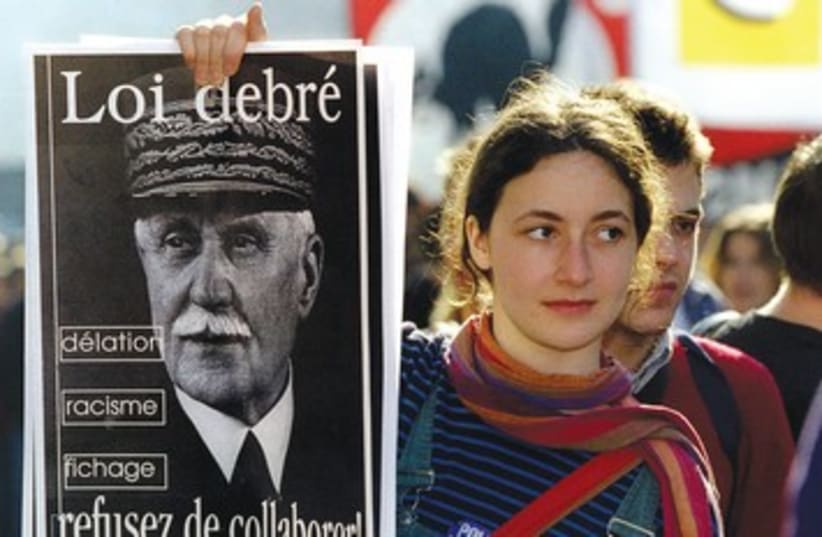Eitan Kensky is a doctoral candidate in Jewish studies at Harvard University, focusing on Jewish American literature and culture.
Jewish Ideas Daily: Gertrude Stein, fascist?
Our challenge is to read Stein without excusing or convicting, but with eternal doubt and moral ambiguity.

Eitan Kensky is a doctoral candidate in Jewish studies at Harvard University, focusing on Jewish American literature and culture.